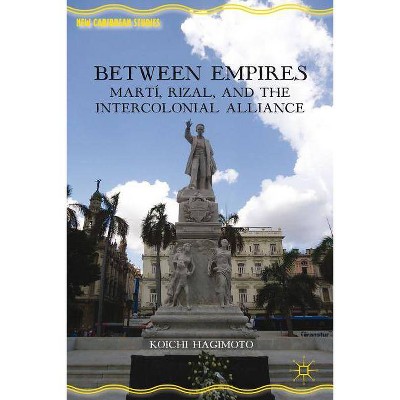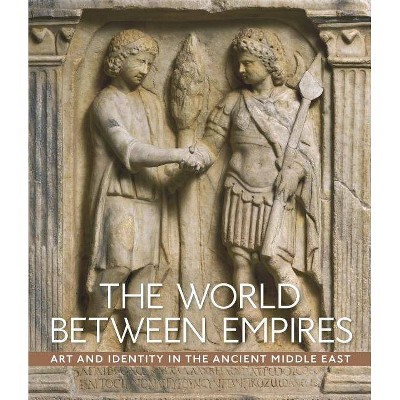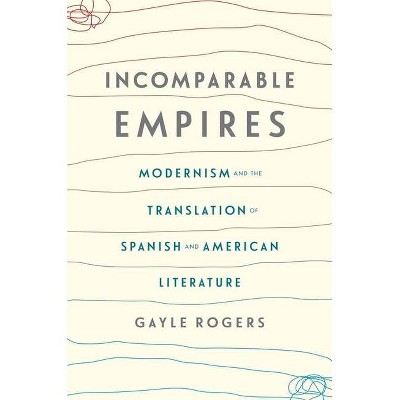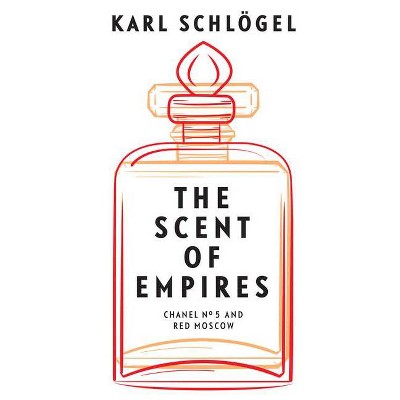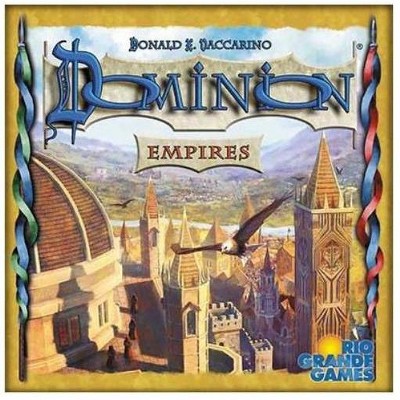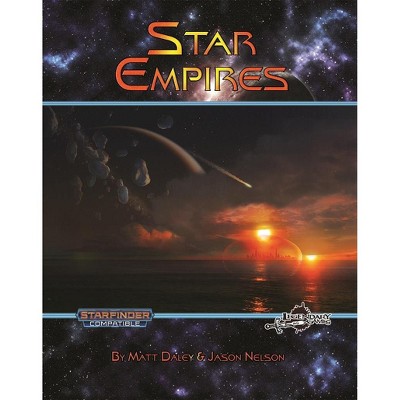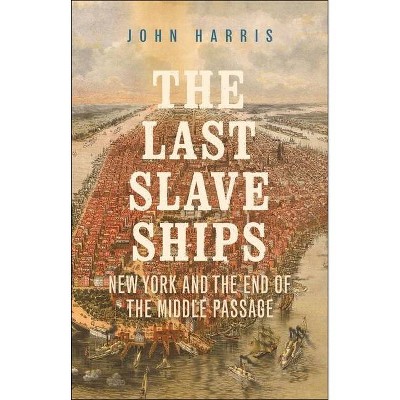A Slave Between Empires - by M'Hamed Oualdi (Hardcover)
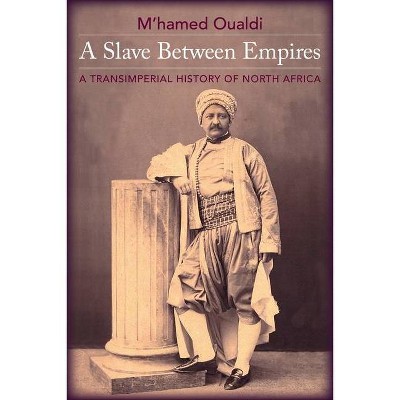
Similar Products
Products of same category from the store
AllProduct info
<p/><br></br><p><b> About the Book </b></p></br></br>In June 1887, a man known as General Husayn, a manumitted slave turned dignitary in the Ottoman province of Tunis, passed away in Florence after a life crossing empires. M'hamed Oualdi investigates Husayn's transimperial life and the posthumous battle over his fortune to recover the transnational dimensions of North African history.<p/><br></br><p><b> Book Synopsis </b></p></br></br>In June 1887, a man known as General Husayn, a manumitted slave turned dignitary in the Ottoman province of Tunis, passed away in Florence after a life crossing empires. As a youth, Husayn was brought from Circassia to Turkey, where he was sold as a slave. In Tunis, he ascended to the rank of general before French conquest forced his exile to the northern shores of the Mediterranean. His death was followed by wrangling over his estate that spanned a surprising array of actors: Ottoman Sultan Abdülhamid II and his viziers; the Tunisian, French, and Italian governments; and representatives of Muslim and Jewish diasporic communities. <p/><i>A Slave Between Empires</i> investigates Husayn's transimperial life and the posthumous battle over his fortune to recover the transnational dimensions of North African history. M'hamed Oualdi places Husayn within the international context of the struggle between Ottoman and French forces for control of the Mediterranean amid social and intellectual ferment that crossed empires. Oualdi considers this part of the world not as a colonial borderland but as a central space where overlapping imperial ambitions transformed dynamic societies. He explores how the transition between Ottoman rule and European colonial domination was felt in the daily lives of North African Muslims, Christians, and Jews and how North Africans conceived of and acted upon this shift. Drawing on a wide range of Arabic, French, Italian, and English sources, <i>A Slave Between Empires</i> is a groundbreaking transimperial microhistory that demands a major analytical shift in the conceptualization of North African history.<p/><br></br><p><b> Review Quotes </b></p></br></br><br>At a time when Turkey and France are jockeying for influence across the Mediterranean from Cyprus to Libya, <i>A Slave Between Empires</i> has an odd contemporary relevance.--Current History<br><br>Oualdi has set out "an entangled history" indeed, one worthy of non-academic treatments, if not novels or a movie or two.--Asian Review of Books<br><br><i>A Slave Between Empires</i> is a bold reinterpretation of North Africa's modern history: it revisits time and space by going beyond the narrow lens of colonization and by examining Tunisia as part of a large set of regional (European and Ottoman) networks. A must-read by one of the best historians of the Maghreb.--Malika Zeghal, Harvard University<br><br>M'hamed Oualdi's biography cum social history is dazzling. In life and death, General Husayn Ibn 'Abdallah's story reveals unlikely itineraries, unsuspected traveling companions, and hidden transactions that call into question conventional histories of nineteenth-century North Africa and the Ottoman Empire. The author's presentation of archives as exiles, émigrés, and migrants is particularly original.--Julia Clancy-Smith, author of <i>Mediterraneans: North Africa and Europe in an Age of Migration, c. 1800-1900</i><br><br>This meticulously researched and beautifully written book shows how new insights into Tunisian history can be gained by bracketing the colonial and making a place for "other chronologies." This historiographical positioning brings a full Mediterranean context back into view, putting the Ottoman empire, law, and Tunisian family history onto center stage.--Benjamin Claude Brower, author of <i>A Desert Named Peace: The Violence of French Empire in the Algerian Sahara, 1844-1902</i><br><br>The death documents of this post-colonial Ottoman Tunisian elite settler in Tuscany were a dense knot of financial, intellectual, legal, and kinship ties. Oualdi untangles this net before our eyes, revealing a figure who bridged the Mediterranean in a direction that colonialism tells us was not possible: from south to north.--Will Hanley, author of <i>Identifying with Nationality: Europeans, Ottomans, and Egyptians in Alexandria</i><br><br>Oualdi has much to offer his readers by bringing insights from French and Arabic historiography on Tunisia's Ottoman and colonial past to an English readership, revealing the entangled nature of Tunisian, North African, French, Italian, and Ottoman histories. Following the life (and afterlife) of a slave turned minister, <i>A Slave Between Empires</i> is rich with new insights and tantalizing details, and Oualdi has clearly scoured many archives to put this together.--Amy Kallander, author of <i>Women, Gender, and the Palace Households in Ottoman Tunisia</i><br><p/><br></br><p><b> About the Author </b></p></br></br>M'hamed Oualdi is associate professor of history and Near Eastern studies at Princeton University and full professor at Sciences Po, Paris. He is the author of <i>Esclaves et maîtres: Les mamelouks au service des beys de Tunis du XVIIe siècle aux années 1880</i> (2011).
Price History
Price Archive shows prices from various stores, lets you see history and find the cheapest. There is no actual sale on the website. For all support, inquiry and suggestion messagescommunication@pricearchive.us
